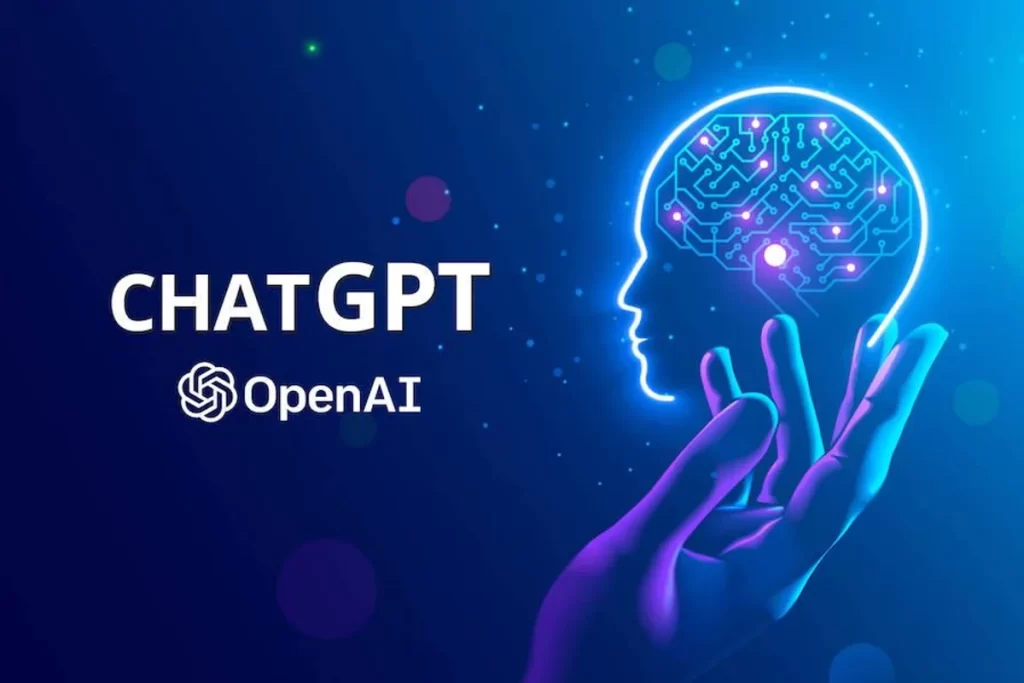OpenAI Deal With $3B Lawsuit Over Alleged Private Data Theft
As the target of a $3 billion lawsuit, OpenAI, the company that developed the well-known language model ChatGPT, is in the middle of a heated debate. The business is charged with illegally harvesting personal information from millions of unwary customers. According to the case, which was filed in the U.S. District Court for the Northern District of California, OpenAI and Microsoft unlawfully gathered and used “hundreds of millions” of internet users’ private information.
The plaintiffs, who are only known by their initials, assert that massive web-scraping activities by OpenAI and Microsoft violated both the terms of service of different platforms and local, state, and federal privacy laws. This alleged conduct is reported to have involved the illicit gathering and use of personal information from a huge number of people all around the world.

Legal Offenses and Privacy Issues
According to the lawsuit, OpenAI and Microsoft’s conduct violated a number of laws, including the Electronic Communications Privacy Act and the Computer Fraud and Abuse Act. The defendants are charged with gravely infringing people’s rights to privacy by allegedly gathering personal data without getting their permission.
The verdict, in this case, could have significant repercussions for OpenAI and the larger AI business. With the plaintiffs requesting an astounding $3 billion in damages, OpenAI might be subject to severe financial penalties if found guilty of the alleged data theft. The case might also lead to a review of data gathering and privacy policies within the AI community, which might result in more oversight and regulation.
OpenAI’s Reaction
OpenAI has not yet made any public remarks regarding the specifics of the complaint. However, the corporation has previously underlined its dedication to customer privacy and moral AI development. The goal of OpenAI is to deploy artificial intelligence responsibly and safely; any confirmed privacy infractions would be in conflict with this purpose.
The lawsuit against Microsoft and OpenAI claims egregious privacy laws have been broken and that millions of internet users’ personal information has been improperly collected. As the case develops, it will illuminate bigger issues around data privacy in the age of artificial intelligence. The verdict, in this case, could influence data collection methods in the future and emphasize the necessity for strict ethical standards in the AI sector.

